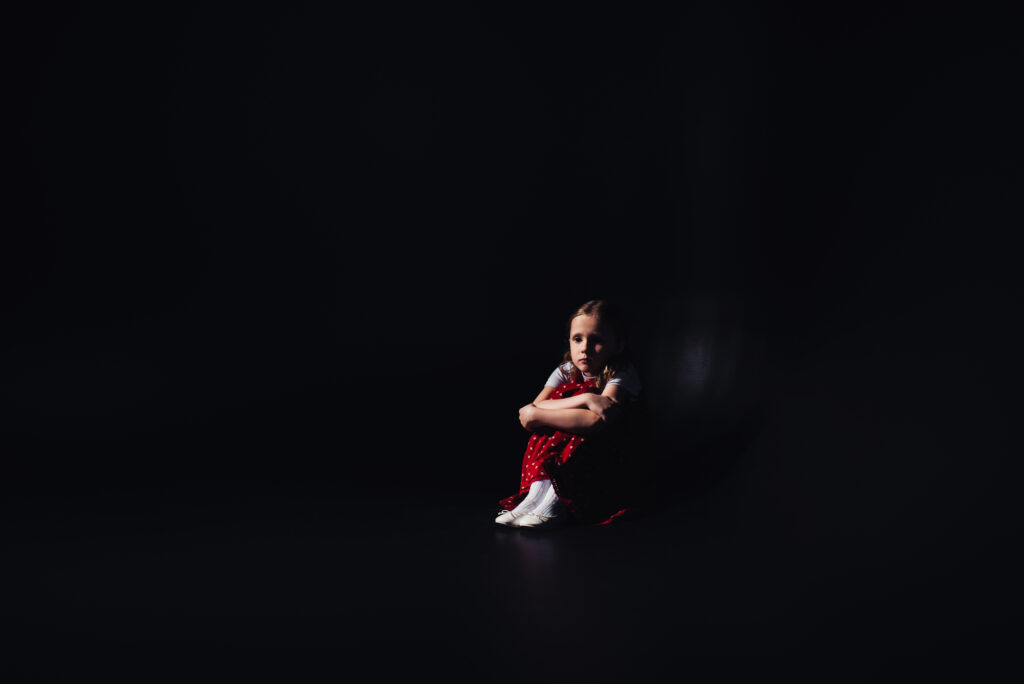EDITOR’S CORNER
I’m always fascinated by research showing links between childhood trauma and various forms of mental distress, but I’m rarely surprised by it. How could anyone be? And yet, in the usual conversations surrounding psychiatric diagnoses, the “brain disease” tropes still prevail. In that narrative, we struggle not because of anything life throws at us, but because of some innate malfunction in our neural motherboards.
What did surprise me, these past weeks, was the abundance of recent research underscoring such connections between trauma and distress—and the fact that some of it actually gained wider coverage. Three such studies were unpacked and analyzed by Mad in America; another one, linking childhood loneliness with psychosis, was covered by Yahoo News and posted as an “Around the Web” on Mad in the Family.
 If you take a look at MITF’s “Research Findings” content box (see below), you’ll find the three MIA articles posted in April: Richard Sears’ story on a study linking maltreatment during childhood with hospital admissions for psychosis; another Sears story on research showing links between adverse childhood experiences (ACEs) and a host of issues, including behavioral problems, poor sleep, and lower achievement in school; and Liam Gehrig Bach’s piece on a new Swedish study of twins with disparate experiences that associates trauma with the eventual development of psychiatric disorders.
If you take a look at MITF’s “Research Findings” content box (see below), you’ll find the three MIA articles posted in April: Richard Sears’ story on a study linking maltreatment during childhood with hospital admissions for psychosis; another Sears story on research showing links between adverse childhood experiences (ACEs) and a host of issues, including behavioral problems, poor sleep, and lower achievement in school; and Liam Gehrig Bach’s piece on a new Swedish study of twins with disparate experiences that associates trauma with the eventual development of psychiatric disorders.
Interestingly, the research into twins received some coverage in the mainstream media, including The New York Times. As reporter Ellen Barry wrote of the study’s findings: “Those who reported one or more trauma in childhood — physical or emotional neglect or abuse, rape, sexual abuse, hate crimes or witnessing domestic violence — were 2.4 times as likely to be diagnosed with a psychiatric illness as those who did not. If a person reported one or more of these experiences, the odds of being diagnosed with a mental illness climbed sharply, by 52 percent for each additional adverse experience. Among participants who reported three or more adverse experiences, nearly a quarter had a psychiatric diagnosis of depressive disorder, anxiety disorder, substance abuse disorder or stress disorder.”
And yet, almost inevitably, the “brain disease” trope remains in such wider coverage, articulated in this case by a psychiatrist saying that trauma changes the brain—which, in turn, causes the subsequent disorders. Of course the brain is as malleable as it is mysterious, its complexities only barely comprehended. No one fully understands how it functions. But why blame the brain for the effects of trauma? And why identify those effects as a disorder? Instead, why not focus instead on recovery—even within the “disease” model of thinking? If the brain is plastic enough to be changed for the worse, can’t it change for the better? Of course it can. It’s the nature of learning. And in any other context, it’s accepted fact.
Or think of it this way: If someone punched me in the face and broke my nose, would it be my schnozz’s fault? Would the pain and bleeding be seen as symptoms of a “nasal disorder,” or would they be recognized as the result of outside harms? And wouldn’t there be an expectation that eventually, through time and care, my nose would heal? Maybe I’d have a scar or a bump on the bridge, but no one would tell me it’s permanently broken.
When it comes to mental and emotional harms, why isn’t it enough to say that people are similarly wounded—mentally, emotionally, existentially—by what happened to them, whether as children or adults? Why can’t research that clearly shows the lingering impact of trauma, linking it with psychiatric diagnoses later in life, be taken as evidence that the types of pain defined as “mental illness” are in fact the result of human anguish?
Because they were created by a committee that classified them, came up with lists of the symptoms, and bound them in a volume regarded as scripture despite its many revisions. (The bible, apparently, is allowed to change.) Because too many people are making too much money off them. And because old habits die hard.
But that doesn’t mean they shouldn’t.
—Amy Biancolli, Family Editor
***
More from Mad in the Family
More Editor’s Corners














